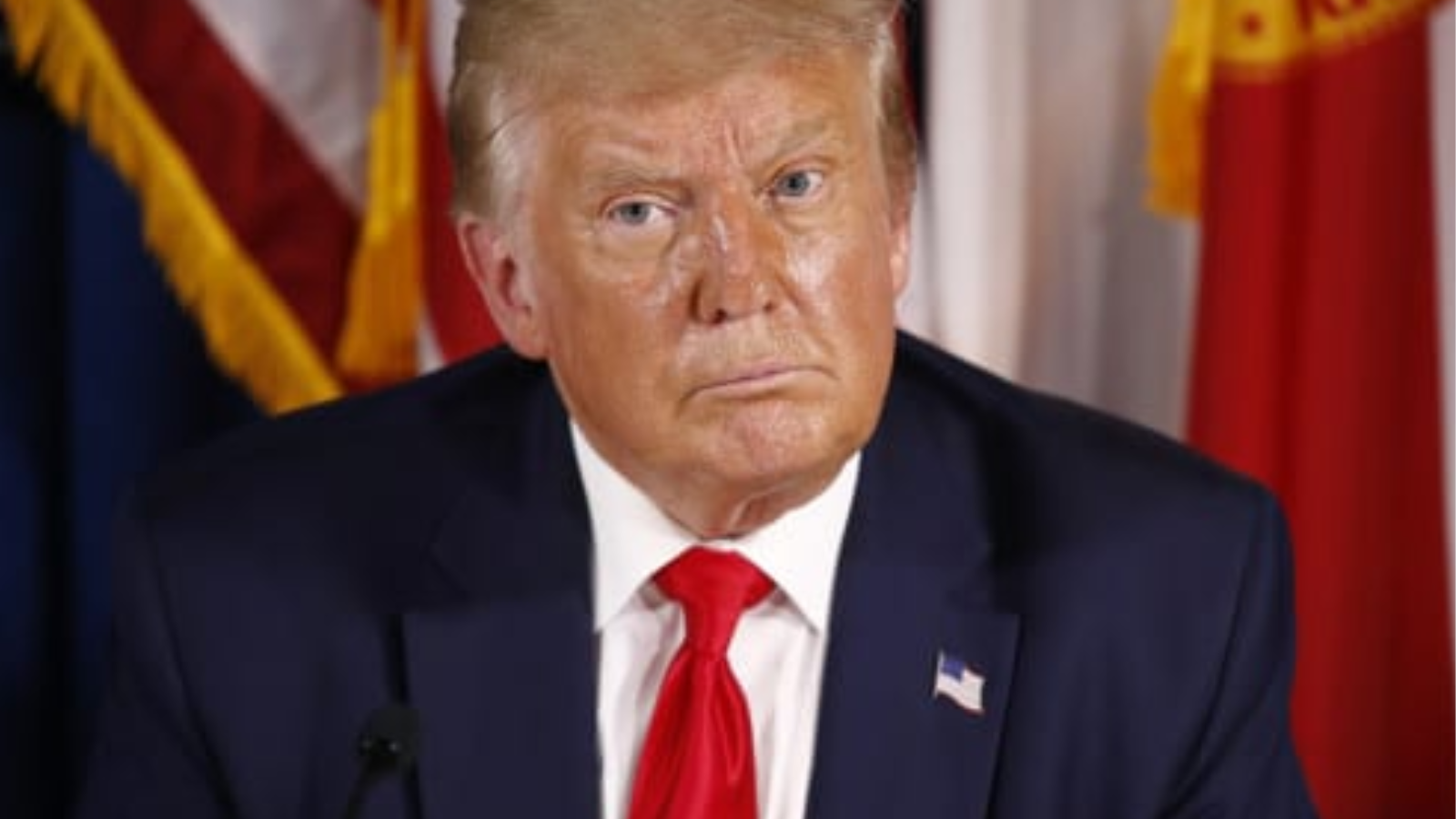Trump Backs Limited H-1B Hiring for High-Tech Investments but Stresses “Americans First”
As discussions intensify around the H-1B visa programme, the White House has clarified that President Donald Trump backs the selective and temporary hiring of skilled foreign professionals , provided companies commit to substantial investment in US manufacturing . The administration maintains that protecting American jobs continues to be its primary focus.
White House Press Secretary Karoline Leavitt said the President’s overall approach to the visa issue is rooted in “common sense,” emphasising that the administration wants American workers to receive job preference wherever possible.
“The President does not support American workers being replaced. The President wants to see the American manufacturing industry revitalised better than ever before. That's part of what he's doing with his effective use of tariffs and cutting good trade deals around the world,” she told reporters.
Addressing concerns that foreign labour could disrupt domestic hiring, Leavitt explained Trump’s “nuanced and common-sense” stance:
“As for the H-1B visa issue, the President has a very nuanced and common-sense opinion on this issue. If foreign companies are investing trillions of dollars in the United States of America and bringing in foreign workers to create niche products like batteries, he wants to see that at the beginning But ultimately, the President always wants to see American workers in those jobs.”
According to Leavitt, Trump has delivered a clear message to foreign investors:
"He's told these foreign companies that are investing here, you better be hiring my people if you're going to be doing business in the United States."
Trump has recently defended the H-1B programme more openly, even as some of his conservative and MAGA supporters push for a stricter “America First” visa policy. At the US–Saudi Investment Forum on November 20, he argued that high-skilled immigration is critical for industries requiring advanced expertise.
He pushed back against internal criticism, saying he “loves his conservative friends and MAGA,” but insisted that certain industries cannot function without foreign talent. Citing the example of multi-billion-dollar semiconductor plants, he said companies cannot “open a massive computer chip factory for billions and billions of dollars” and then “hire people off an unemployment line to run it.”
He stressed that foreign experts are needed initially to train Americans:
“People have to be taught this is something they've never done I'm sorry.”
He added that the idea of running advanced factories without specialised talent is unrealistic:
“No, you don't. You don't have certain talents.You can't take people off the unemployment line and expect them to operate advanced factories or make missiles.”
Despite mounting pressure from some Republican leaders to dismantle the H-1B programme, Trump continues to defend it—while reiterating that the end goal is to transition these jobs to American workers. The debate, however, is far from over, as the administration balances domestic expectations with the demands of a rapidly growing high-tech economy.

White House Press Secretary Karoline Leavitt said the President’s overall approach to the visa issue is rooted in “common sense,” emphasising that the administration wants American workers to receive job preference wherever possible.
“The President does not support American workers being replaced. The President wants to see the American manufacturing industry revitalised better than ever before. That's part of what he's doing with his effective use of tariffs and cutting good trade deals around the world,” she told reporters.
Addressing concerns that foreign labour could disrupt domestic hiring, Leavitt explained Trump’s “nuanced and common-sense” stance:
“As for the H-1B visa issue, the President has a very nuanced and common-sense opinion on this issue. If foreign companies are investing trillions of dollars in the United States of America and bringing in foreign workers to create niche products like batteries, he wants to see that at the beginning But ultimately, the President always wants to see American workers in those jobs.”
According to Leavitt, Trump has delivered a clear message to foreign investors:
"He's told these foreign companies that are investing here, you better be hiring my people if you're going to be doing business in the United States."
Trump has recently defended the H-1B programme more openly, even as some of his conservative and MAGA supporters push for a stricter “America First” visa policy. At the US–Saudi Investment Forum on November 20, he argued that high-skilled immigration is critical for industries requiring advanced expertise.
He pushed back against internal criticism, saying he “loves his conservative friends and MAGA,” but insisted that certain industries cannot function without foreign talent. Citing the example of multi-billion-dollar semiconductor plants, he said companies cannot “open a massive computer chip factory for billions and billions of dollars” and then “hire people off an unemployment line to run it.”
He stressed that foreign experts are needed initially to train Americans:
“People have to be taught this is something they've never done I'm sorry.”
He added that the idea of running advanced factories without specialised talent is unrealistic:
“No, you don't. You don't have certain talents.You can't take people off the unemployment line and expect them to operate advanced factories or make missiles.”
Despite mounting pressure from some Republican leaders to dismantle the H-1B programme, Trump continues to defend it—while reiterating that the end goal is to transition these jobs to American workers. The debate, however, is far from over, as the administration balances domestic expectations with the demands of a rapidly growing high-tech economy.
Next Story